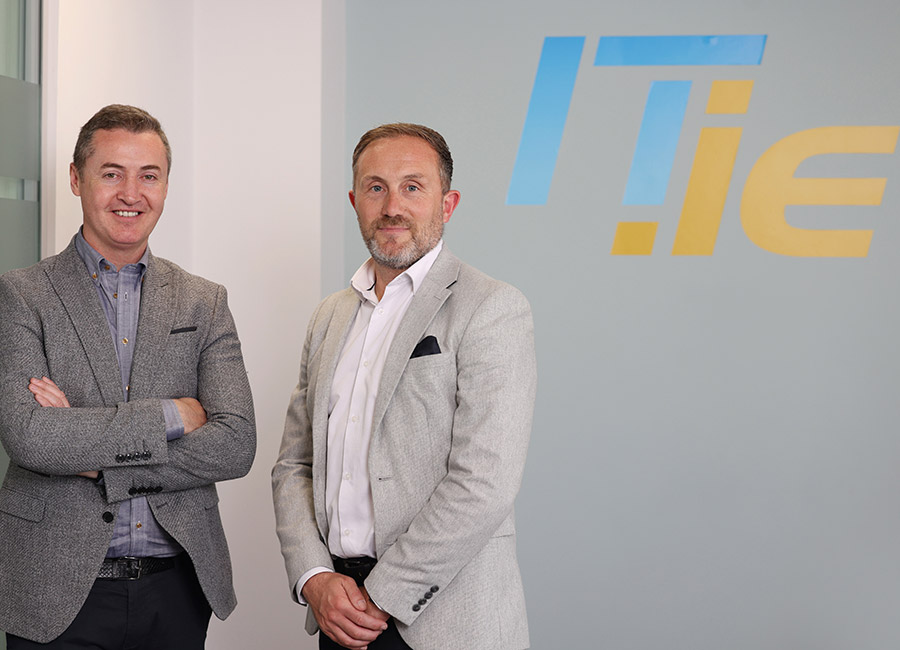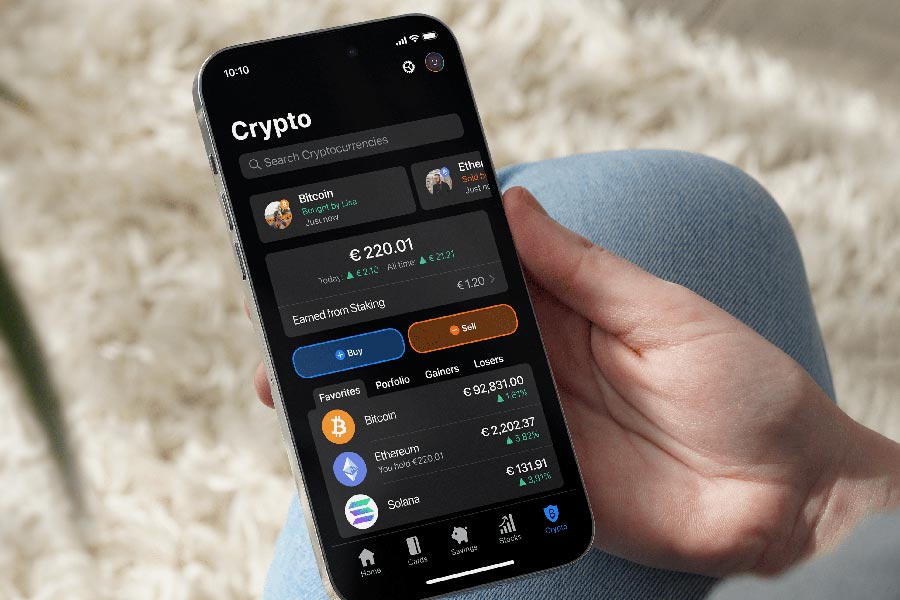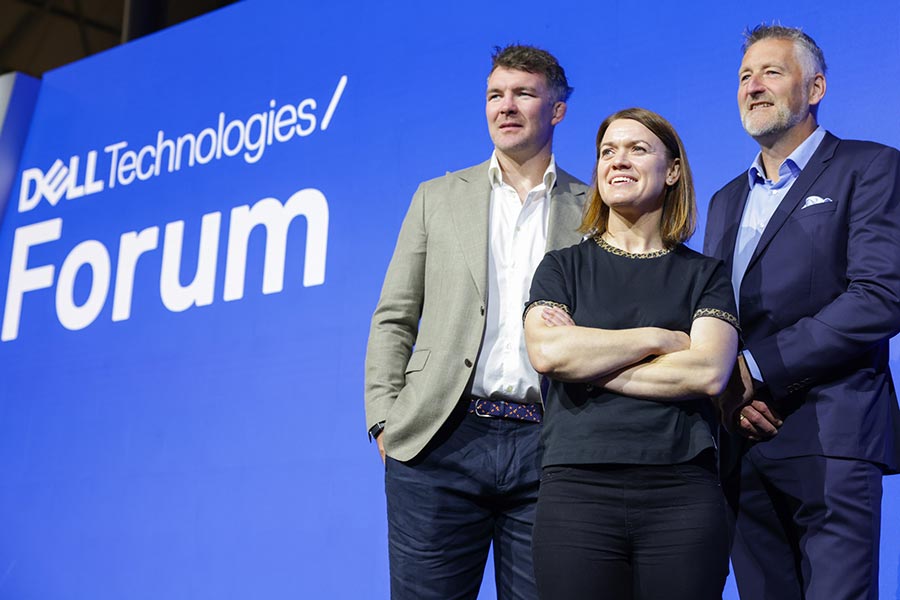One in 10 office workers has used a work device to pirate content in the past year, research from IT.ie and SonicWall shows.
In light of the findings and ahead of the deadline for the EU’s NIS2 directive, the Irish IT managed services company has urged SMEs to strengthen their cybersecurity defences.
The survey of 1,000 office workers based in Ireland was carried out by Censuswide on behalf of IT.ie and SonicWall and emphasises the human role in cybersecurity breaches as well as a discrepancy between vigilance at home versus in the office.
Two-thirds (65%) of office-based employees said they used a work device for personal tasks in the last 12 months.
Of these, 32% have used it for online shopping, 24% for accessing a personal social media account, and 17% for streaming movies and TV shows.
Additionally, 9% have used it for gaming and 7% for gambling.
Many of these figures are significantly higher for office workers aged 18 to 24. Of this age group, in the last 12 months, 36% checked their social media on a work device, 24% gamed and 17% pirated TV shows or movies.
The survey suggests that these extracurricular activities are more likely to happen when employees are working from home, with 53% saying they are more inclined to use websites and apps that are not approved by their employer when they work remotely.
Furthermore, 64% said being in the office makes them more vigilant about cybersecurity, explaining why 58% feel more exposed to cyberattacks when working remotely.
However, 28% said they do not use a company-provided virtual private network (VPN) when accessing work systems remotely. In fact, 23% say their employer doesn’t have specific remote working cybersecurity policies at all.
“These office behaviours, especially in hybrid or remote environments, highlight the importance of a layered security approach - one that extends beyond traditional perimeter defences," said Stuart Taylor, regional director for northern Europe at SonicWall.
Under NIS2, all EU member states are required to provide a list of organisations that will fall under it. It is expected that compliance will be costly, highlighting the financial burden of adequate cybersecurity for SMEs.
“As the EU-wide NIS2 Directive approaches, businesses are now facing the ever-present risk of cybersecurity attacks, along with the new risk of non-compliance with the Directive," said Eamon Gallagher, founder and managing director of IT.ie.
"Our research shows that human error – and simple human nature – remain significant risks to businesses. For example, we found that 46% of employees have viewed confidential work documentation in a public place in the last 12 months.

“Such practices should be addressed – and hopefully eliminated – with frequent cybersecurity training. But that must be backed up by combined measures that can help to protect a business if, and when, an employee does make an error.
"Employees are not acting maliciously, but they do make mistakes. This needs to be countered by simply making it impossible for employees to access pirate websites, gambling sites and many others using their work devices."
Photo: (l-r) Eamon Gallagher and Tristan Bateup, channel director, UK & Ireland, SonicWall. (Pic: Supplied)










